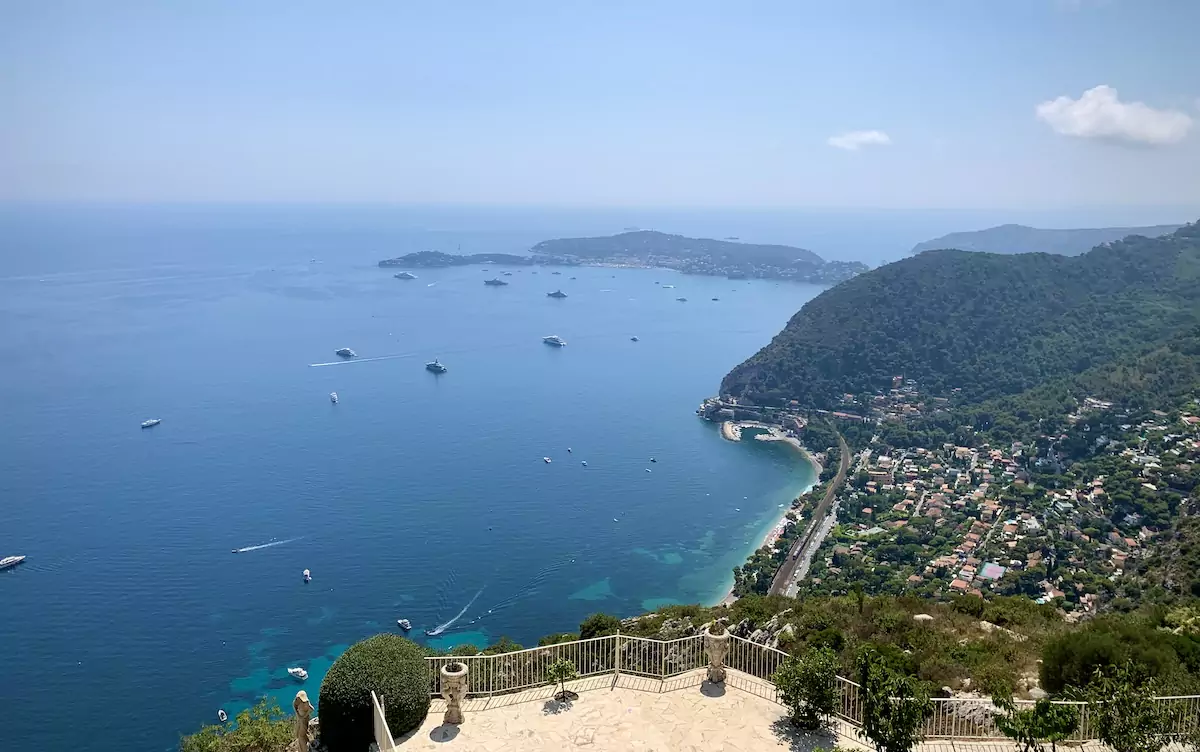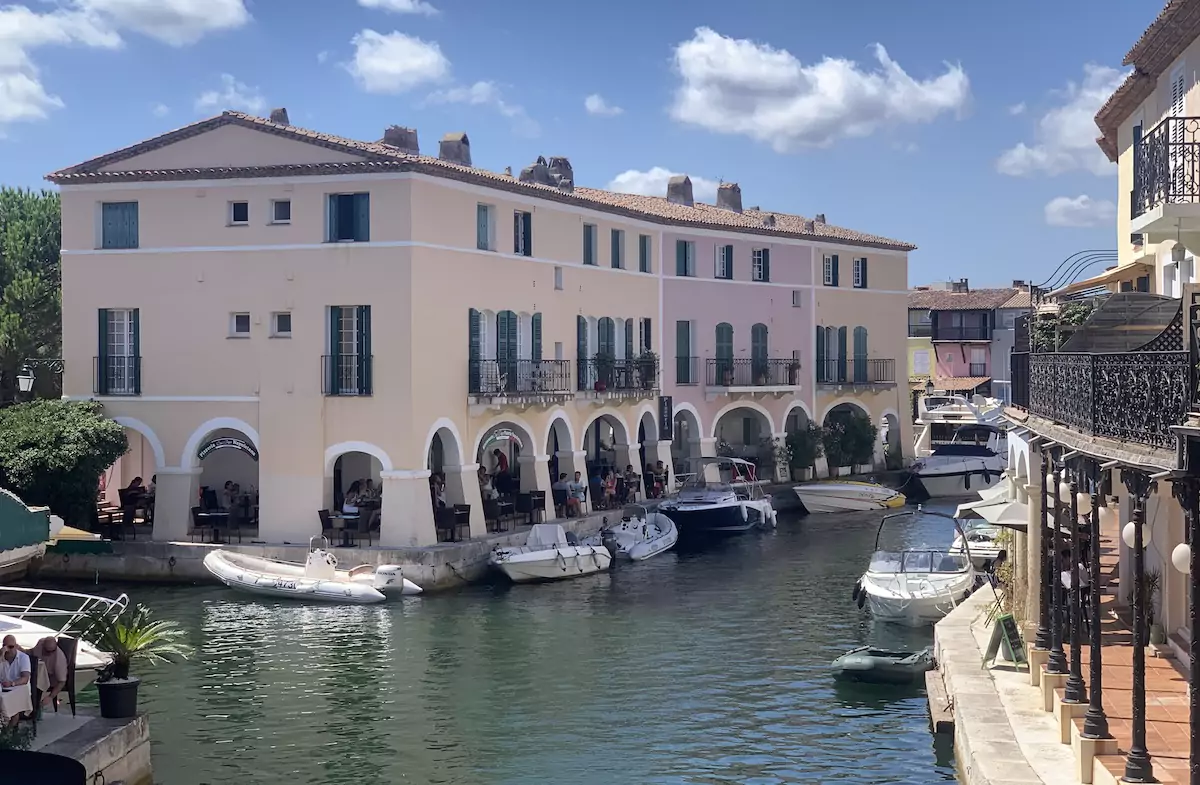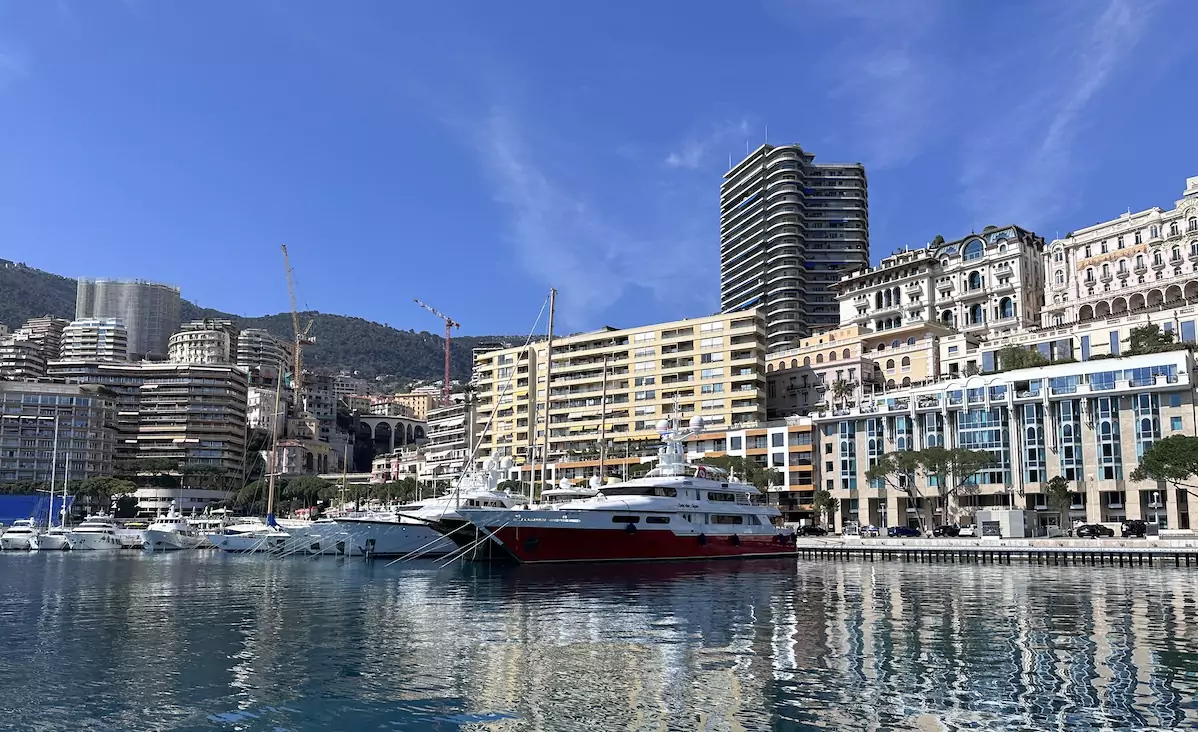Choosing Monaco as your place of residence is an excellent strategic move if you want to retain more of your wealth thanks to its zero income and wealth tax policies. But as Audrey Michelot explains, there are other obligations that every resident in Monaco should be aware of.
With over 17 years experience dealing with both Monegasque and French tax laws, Audrey Michelot certainly knows the ins and outs of domestic and international tax matters.
As a Counsel in the CMS Monaco tax team, she assists Monegasque residents and non-residents in the legal and tax structuring of their investments in Monaco and other jurisdictions as well as their wealth and estate planning.
Given Monaco’s unique tax landscape, Monaco Life spoke to Audrey Michelot about the key considerations for individuals seeking to optimise their financial planning and how best to handle international tax obligations.
Monaco Life: Can you outline the basic taxes that Monaco residents are obligated to pay and how residency status affects tax liabilities in Monaco?
Audrey Michelot: For individuals residing in Monaco, the main characteristic is that there is no direct taxation, which means there is no personal income tax, no local tax, no withholding tax, no wealth tax… Basically, no tax for individuals in Monaco either on the salary income they receive or in terms of wealth.
There is also no tax residency definition under the internal rules in Monaco like there is in other countries.
In 2016, Monaco implemented CRS rules that defined the notion of a ‘Monaco resident’. They are: the individual must have their main domicile in Monaco, that is, to be here for more than 183 days a year; or they must have their home in Monaco; or they must have Monaco as the main location of their business activities. This is taxable criteria that can be found, for instance, in domestic tax rules in other countries or in the double tax treaty.
In 2020, the Monaco government updated, modified and clarified the rules to state that in order to be regarded as a Monaco tax resident, for the purpose of other jurisdictions, you can ask for a tax certificate. This is now issued on the basis of these three criteria.
The individual can send this certificate to other jurisdictions to confirm they are a Monaco resident.
But even with this certificate, we advise our clients to be careful. Considering Monaco has signed only a few double tax treaties, there is always a risk of being considered a resident in Monaco and a resident in another jurisdiction. The tax authorities of those other countries will check and try by various means to continue to tax you.

Has there been an increase in the number of checks being done by tax authorities in other countries?
In the past few years, I have witnessed more inquiries from foreign authorities when people leave a country and relocate to Monaco, in order to confirm that they are in fact a true resident of the Principality.
With Monaco’s unique real estate market, what specific tax considerations should residents be mindful of when buying, selling or owning property within Monaco?
For an individual who has a lease agreement in Monaco, there is a 1% registration duty, assessed on the annual rent plus the charges, which – given the unique property prices here – could be a significant amount.
For an individual who wants to purchase a property in Monaco, they will have to pay notary fees, which are approximately 1.5%. They must also pay registration duties, and this amount depends on who the buyer is. For an individual or Monaco civil company (SCP), it is 4.75% of the acquisition price. If it’s a foreign entity or a Monaco entity other than in the form of an SCP, the tax rate increases to 7.5%, and could be as high as 10% if the entity does not comply with the disclosure of information regarding the identity of the shareholders.
In 2011, Monaco created a law called #1,381, which means that offshore entities and Monaco entities other than in the form of an SCP must appoint a tax representative to file an annual declaration of change or absence of change of beneficial owners. A change of beneficial owner attracts a 4.75% tax.
Today, tax authorities are carrying out more and more audits to ensure that these entities are complying with this obligation, and that there are no inaccuracies, non-filings or under-valued declarations.
Monaco is currently under the spotlight following the January 2023 Moneyval report and recommendations. What impact has this had?
Today, our clients are aware of their obligations to comply with Monaco’s rules. Perhaps we will see an increase in tax audits, and reassessments, but eventually, when everyone keeps the rules in mind, it will be more straightforward.
What taxes are associated with selling a property in Monaco?
There is no capital gains tax in Monaco, which is important to know, and no registration tax on the sale.
How does taxation differ for Monaco residents who own real investments in neighbouring France?
French regulations are completely different. As soon as you have property in France, you should expect to be taxed.
France has higher registration duties and notary fees, which are approximately 8%.
Rental activity is also subject to income tax in France, since the property is located in France.
With regards to a sale, the seller is subject to capital gains tax, which could be as high as 36.2% (19% income tax + 17.2% social contributions). Then, there is an allowance depending on duration of ownership. After 22 years, an individual is fully exempt from paying income tax, and totally exempt from paying social contributions after 30 years of holding.
Meanwhile, because Monaco is not part of the EU, the seller must appoint a tax representative in France who will be in charge of filing and paying the capital gains tax. Of course, this comes with fees.
What about wealth tax?
Individuals who have a property in France may be subject to wealth tax. As soon as the net value of the property exceeds €1.3 million, on January 1st, they need to file. They will not receive any requests from the tax authorities to do this, it is an obligation of the individual.
For example, if you brought a property for €500,000 about 10 to 15 years ago, there’s a good chance the fair market value of your property has increased and possibly exceeded €1.3 million today. You must be aware of the development of the real estate property market in the area, and it’s a good idea to have an evaluation from a real estate expert every five years in order to know if your property is under this €1.3 million threshold.
Because if you do not file a wealth tax declaration in France and you are eligible, tax authorities there can claim as far back as six years, and you may have to pay the wealth tax for this period also, as well as penalties and late interest. So it can potentially be very substantial.

What declaration responsibilities are there in France on property?
The French government has now opened the tax period, so keep in mind that if you receive any French income, you will have to file this online by 23rd May (21st May by paper). The same applies to wealth tax. If you hold a property in France through a Monaco civil company (SCP), there is the annual tax return, #2,072, which has be to filed online by 18th May. You may also have to file the annual three tax returns by 15th May, which is also online.
Is it easy for individuals to do?
To be honest, it’s quite complicated, because there are specific rules. More so, if you miss the deadline you can be subject to a 10% penalty, plus the interest.
Last year, the French government introduced a new obligation called déclaration d’occupation, so you now have to also declare who is using the property in France and declare any changes by July of each year. There are so many obligations, it is easy for individuals to forget about some of them.
For Monaco residents looking to structure their foreign assets, are there any bilateral double tax treaties in place that can mitigate potential tax burdens?
Monaco has signed approximately 12 double tax treaties as well as agreements regarding the exchange of information. Of the two most important double tax treaties, the first is with France, specifically for French nationals, and the second is with Luxembourg.
The French double tax treaty is very specific because it’s designed to prevent French nationals from avoiding to pay income tax and wealth tax in France. There are eight specific exemptions for French nationals, including having lived in Monaco for more than five years or being married to a Monegasque.
The double tax treaty with Luxembourg and Monaco, meanwhile, avoids double taxation and is therefore very interesting for anyone wanting to operate and have a business activity in Monaco or Luxembourg.
With regards to transfer of assets during life or after death, what are the key tax implications for Monaco residents? Are there any estate planning strategies that people should consider to minimise tax liabilities?
Yes, because becoming a Monaco resident is financially interesting with regards to income tax, wealth tax and the tax you pay on your investments. But there is a tax on the transfer of assets. The main characteristic in Monaco is the gift tax and inheritance tax, which are only levied on Monaco-located assets or with their situs in Monaco, regardless of the nationality of the donor/defunct or the beneficiary. Authorities do not take into account the residency status, they only assess this tax on the location of the assets.
Secondly, gift inheritance tax is levied on the relationship you have between the donor/defunct and the beneficiary, so there is no inheritance gift tax between spouses and between direct lines, for example between parents and children or grandparents and grandchildren.
For individuals in a cohabitation contract, there is a 4% tax; between siblings, it’s 8%; between aunt/uncles and nephew/nieces, it is 10%; between unrelated individuals, it is 16%, which is generous considering in France it is 60%.
For individuals who make a transfer of assets into a foreign trust (which has not been set up or transferred to the Principality of Monaco), Monaco has recognised the relationship between the settlor and the beneficiary since 2022.
Monaco residents must consider what they will do with their assets in order to mitigate the tax impact.

It is also important to consider the tax implications of foreign assets. Real estate property in France, for example, can attract inheritance tax, and then people have to check whether a double tax treaty applies to their situation, etc.
So, we always recommend clients to analyse the tax impact of their asset at the project stage. Real estate could be a nice gift for the next generation, but if they need to pay the taxes, they may be forced to sell the asset in question.
So is Monaco a tax haven?
It is not a tax haven, because there is gift inheritance tax and registration duties on any immovable transfer, which can be significant. If you have any business activity, you can be subject to corporate income tax of 25%, applicable to any commercial or industrial activity in Monaco with a turnover of more than 25% generated outside Monaco.
In summary, is it financially interesting for somebody to become a resident of Monaco?
For individuals, there is no direct taxation – no income tax on foreign or Monaco incomes, and no wealth tax on investment properties like there is in Switzerland, France and Luxembourg, for example. So yes, if you look at all of the countries neighbouring Monaco, they all have direct taxation.
But it is important to keep in mind that, while you are not subject to direct taxation, you do have to comply with the rules and reporting obligations. But this is the current global context, not just Monaco.
You may also like…
Join the Monaco Life community – sign up for the Monaco Life newsletter, follow our Podcasts on Spotify, and check us out on Threads, Facebook, Instagram, LinkedIn and Tik Tok.
Main photo by Cassandra Tanti, Monaco Life
